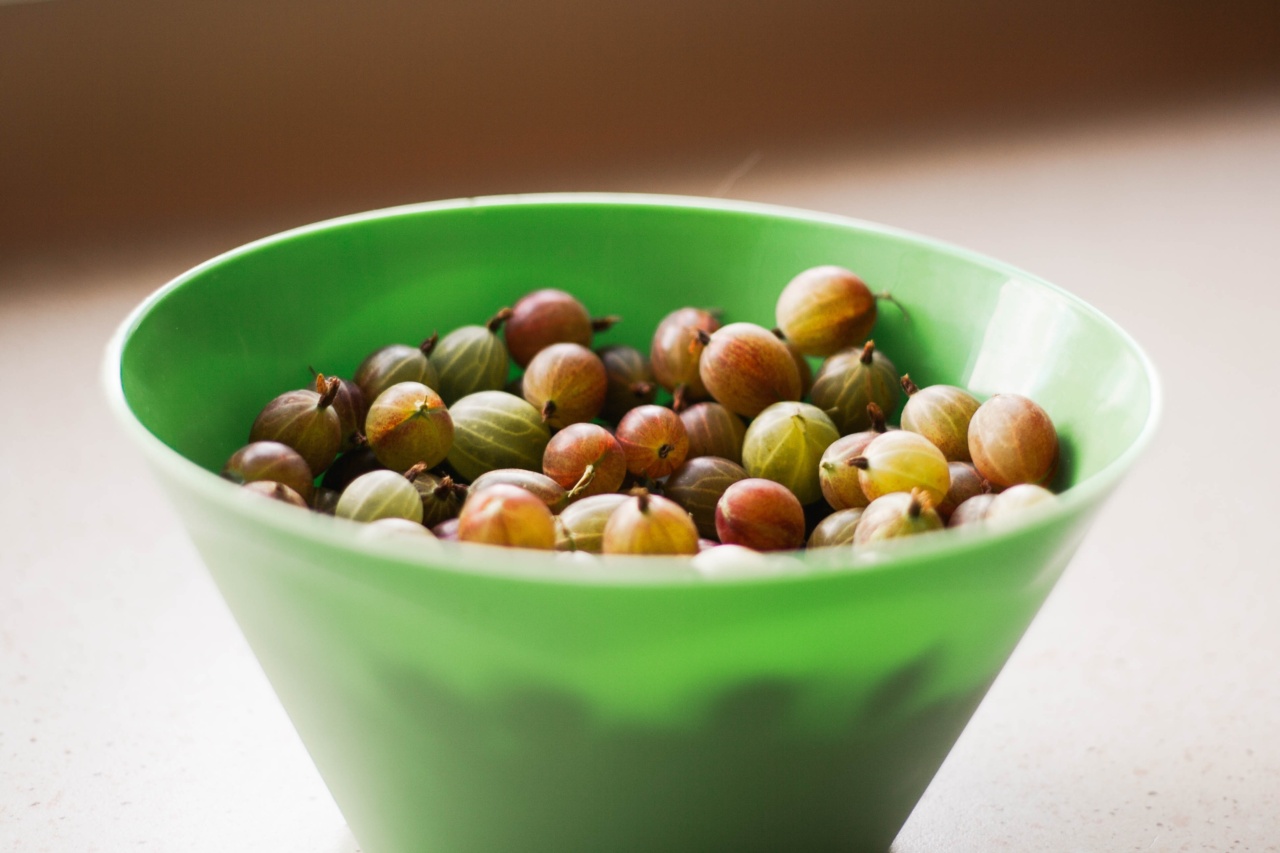Vitamin D is an important nutrient that plays a crucial role in our overall health. It helps in the absorption of calcium and phosphorus, which are essential for strong bones and teeth.
Moreover, it also supports immune function, regulates cell growth, and reduces inflammation in the body. While sunlight is the most natural and abundant source of vitamin D, there are several foods that can help supplement your daily dose of this vital nutrient.
Fatty Fish
Fatty fish such as salmon, trout, and mackerel are excellent sources of vitamin D. Just a single serving of cooked salmon can provide you with up to 75% of the daily recommended intake.
Not only are these fish rich in vitamin D, but they also contain heart-healthy omega-3 fatty acids that offer numerous health benefits.
Cheese
Cheese, particularly Swiss cheese, is a great option for increasing your vitamin D intake. One ounce of Swiss cheese contains approximately 6% of the daily recommended intake.
Additionally, cheese is a good source of calcium, making it a double whammy for bone health.
Egg yolks
Egg yolks are not only delicious but also a fantastic natural source of vitamin D. Each egg yolk contains about 5% of the daily recommended intake.
Including eggs in your diet can provide a good amount of this essential nutrient, along with other beneficial nutrients such as protein and choline.
Mushrooms
While not many people are aware of this, mushrooms can actually synthesize vitamin D when exposed to sunlight, just like humans.
Hence, mushrooms, especially wild mushrooms and those treated with ultraviolet light, can be an excellent source of vitamin D. Including mushrooms in your diet can help you meet your daily requirements of this vital nutrient.
Fortified Cereals
Sometimes, it becomes challenging to get enough sunlight or consume adequate natural food sources of vitamin D. In such cases, fortified cereals can come to the rescue.
Many cereals are fortified with vitamin D, making it a convenient and tasty way to get your daily dose. Just make sure to choose cereals with minimal added sugar and high nutritional value.
Fortified Plant-Based Milks
For individuals following a vegan lifestyle or those who are lactose intolerant, fortified plant-based milks can be an excellent alternative to traditional dairy milk.
These milk alternatives, such as almond milk, soy milk, or oat milk, are often fortified with various nutrients, including vitamin D. They provide a creamy and nutritious option for boosting your vitamin D levels.
Tofu
Tofu is a popular soy-based food that is not only versatile but also packed with nutrients. Apart from being an excellent plant-based source of protein, it is also a good source of calcium and vitamin D.
Including tofu in your diet can not only help meet your daily nutritional requirements but also contribute to overall bone health.
Beef Liver
Beef liver might not be a crowd-favorite, but it certainly deserves a mention when it comes to vitamin D content. It is one of the richest sources of vitamin D available.
Just a single slice of beef liver can provide more than 40% of the daily recommended intake. However, it is important to note that liver is also high in cholesterol, so moderation is key.
Cod Liver Oil
If you are looking for a concentrated source of vitamin D, then cod liver oil is worth considering. It is extracted from the liver of cod fish and is available in supplement form.
However, as cod liver oil is high in vitamin A as well, it is crucial to check with your healthcare provider before adding it to your routine.
Sunflower Seeds
Sunflower seeds are not only a delicious snack but also a fantastic source of several nutrients, including vitamin D. A quarter cup of sunflower seeds can provide approximately 20% of the daily recommended intake.
These seeds are also rich in healthy fats, fiber, and various vitamins and minerals, making them a great addition to your diet.
Conclusion
Getting your daily dose of vitamin D is essential for maintaining optimal health. While sunlight is the most natural source, incorporating these foods into your diet can also help meet your vitamin D requirements.
Whether you choose to enjoy a serving of fatty fish, include eggs, mushrooms, and cheese in your meals, or opt for fortified foods and supplements, ensuring an adequate intake of vitamin D is crucial for your overall well-being.






























